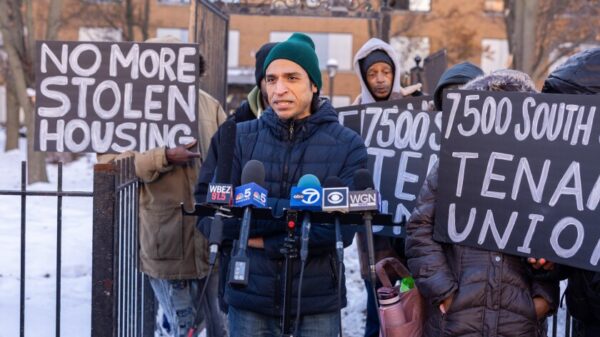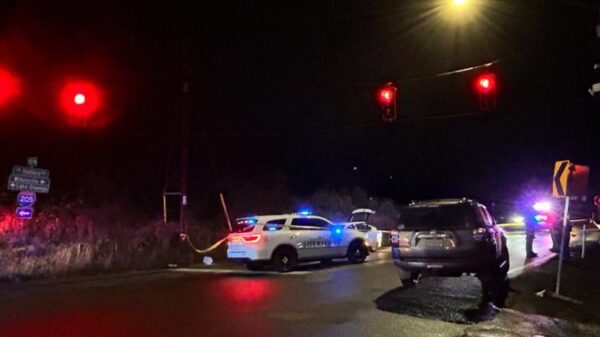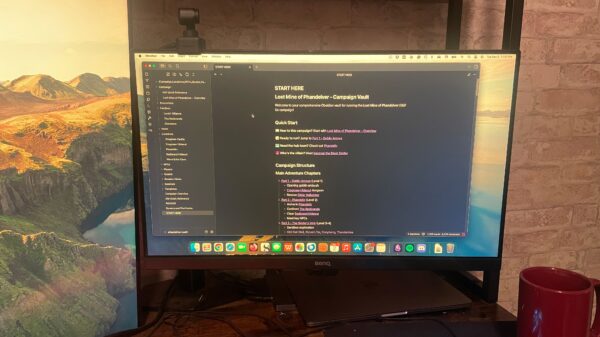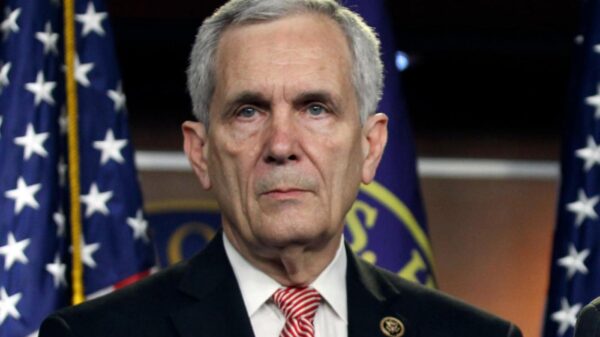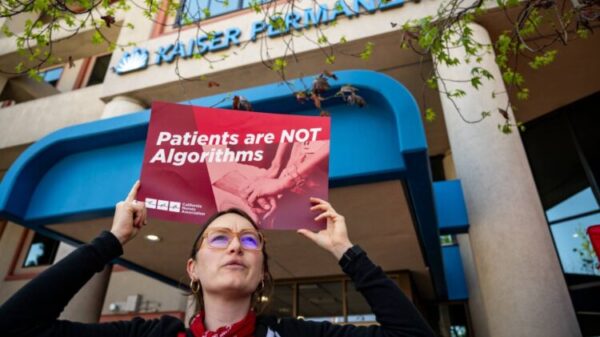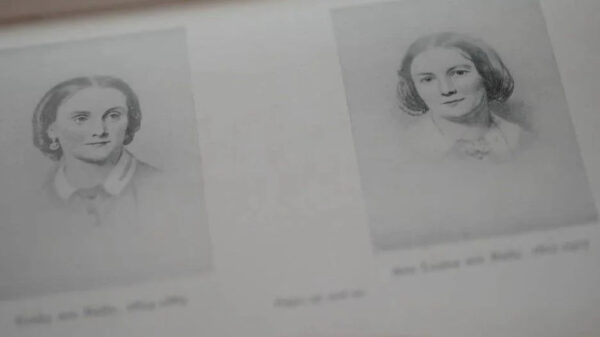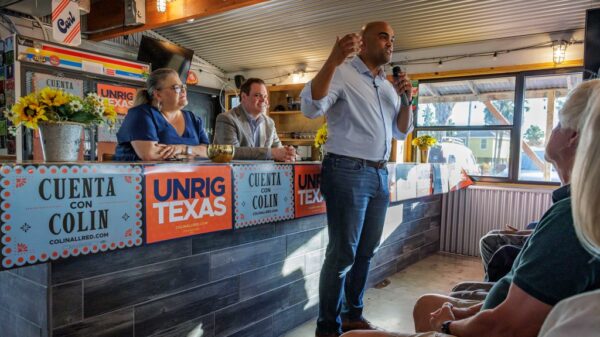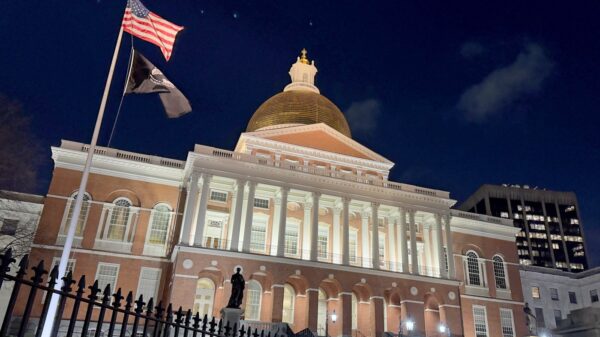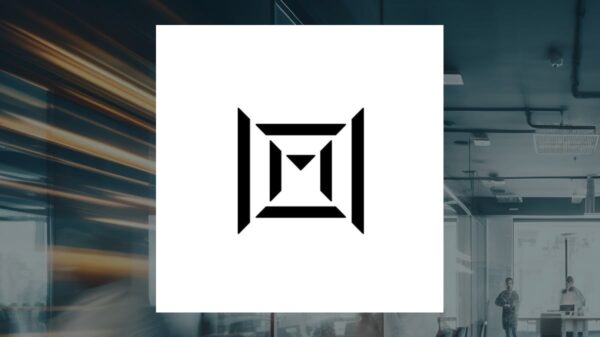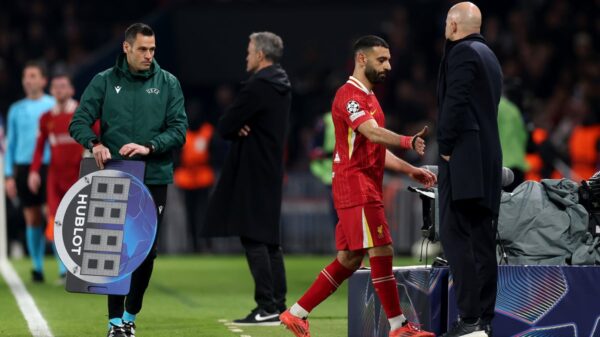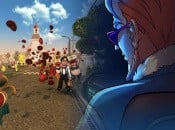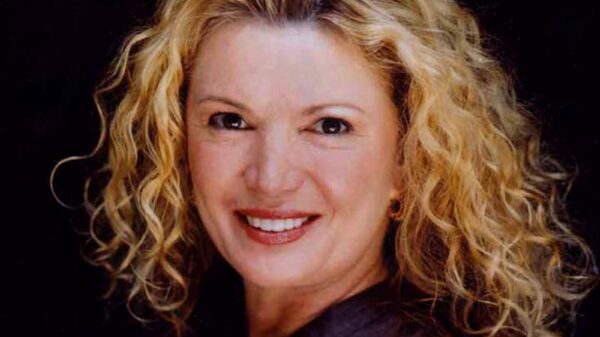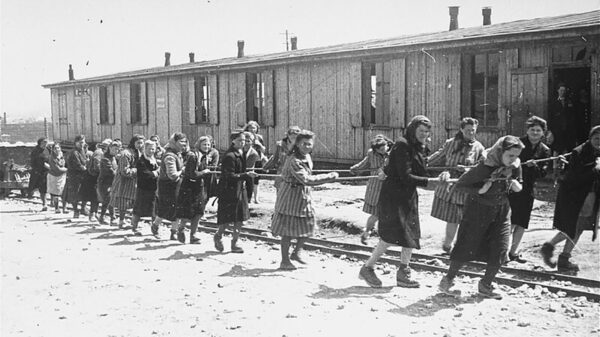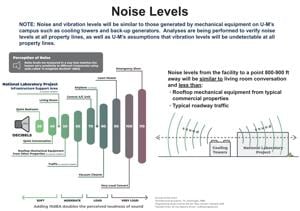ZAGREB, Croatia — A concert by Marko Perkovic, a right-wing Croatian singer known for his controversial views, attracted tens of thousands of fans to Zagreb on Saturday. Perkovic, who performs under the stage name Thompson, is infamous for his perceived support of Croatia’s World War II pro-Nazi puppet regime.
As he took the stage, Perkovic addressed the crowd, emphasizing unity and urging Europe to “return to its tradition and Christian roots.” The event, held at the Hippodrome, was anticipated to draw around 450,000 attendees, making it the largest concert in Croatia’s history. This massive gathering posed a significant security challenge, according to police reports.
Security Measures and Public Reaction
The concert’s scale prompted authorities to implement extensive security measures. Thousands of police officers were deployed, and a special control center and field hospital were established. The state-owned HRT television reported that snipers were stationed around the venue, with helicopters patrolling overhead.
Despite the heavy security presence, fans appeared enthusiastic. Many were seen draped in Croatian flags, while others wore T-shirts emblazoned with Thompson’s name. “Thompson is a patriot. He does not insult anyone, he loves everybody,” said Ivica, a fan from eastern Croatia.
However, not all reactions were positive. Former Prime Minister Jadranka Kosor criticized the event, stating that “the state and the city have been put in service of one man.” She expressed concern over fans singing songs from the era of the Ustasha regime, which was responsible for the deaths of tens of thousands during World War II.
Controversial Legacy and Popularity
Perkovic’s popularity in Croatia stands in stark contrast to his reputation in other parts of Europe, where he has been banned from performing due to pro-Nazi displays at his concerts. Despite this, he remains a celebrated figure in Croatia, regularly attending rallies and sports events.
Some of Perkovic’s songs include references to the Ustasha regime, whose leaders are viewed by some Croatian nationalists as the country’s founders. This perspective persists despite the regime’s atrocities, including the operation of concentration camps where ethnic Serbs, Jews, Roma, and anti-fascist Croats were executed.
“See you at Hippodrome,” Perkovic wrote on Facebook. “Take care of each other.”
Historical Context and Implications
Perkovic first gained fame during the 1991-95 Croatian War of Independence, a conflict that erupted after Croatia declared independence from the former Yugoslavia. Nicknamed “Thompson” after a vintage U.S. machine gun, he claims his music celebrates Croatia’s wartime victory and subsequent independence.
His concerts often spark debate about the fine line between patriotism and nationalism. Critics argue that his music glorifies a dark chapter in Croatia’s history, while supporters see him as a symbol of national pride.
Index news portal posted video footage Saturday of some fans performing the Ustasha salute in Zagreb before the concert.
Looking Ahead
The concert’s success underscores Perkovic’s enduring appeal in Croatia, despite international criticism. As the country continues to grapple with its complex history, events like this concert highlight ongoing tensions between national identity and historical accountability.
Moving forward, the challenge for Croatia will be to balance freedom of expression with the need to confront and learn from its past. The concert at the Hippodrome serves as a reminder of the powerful role music can play in shaping national discourse.



